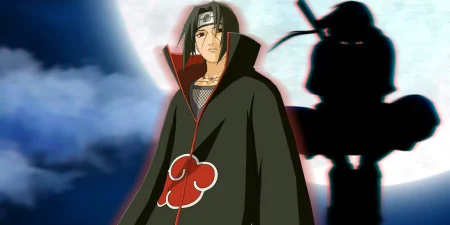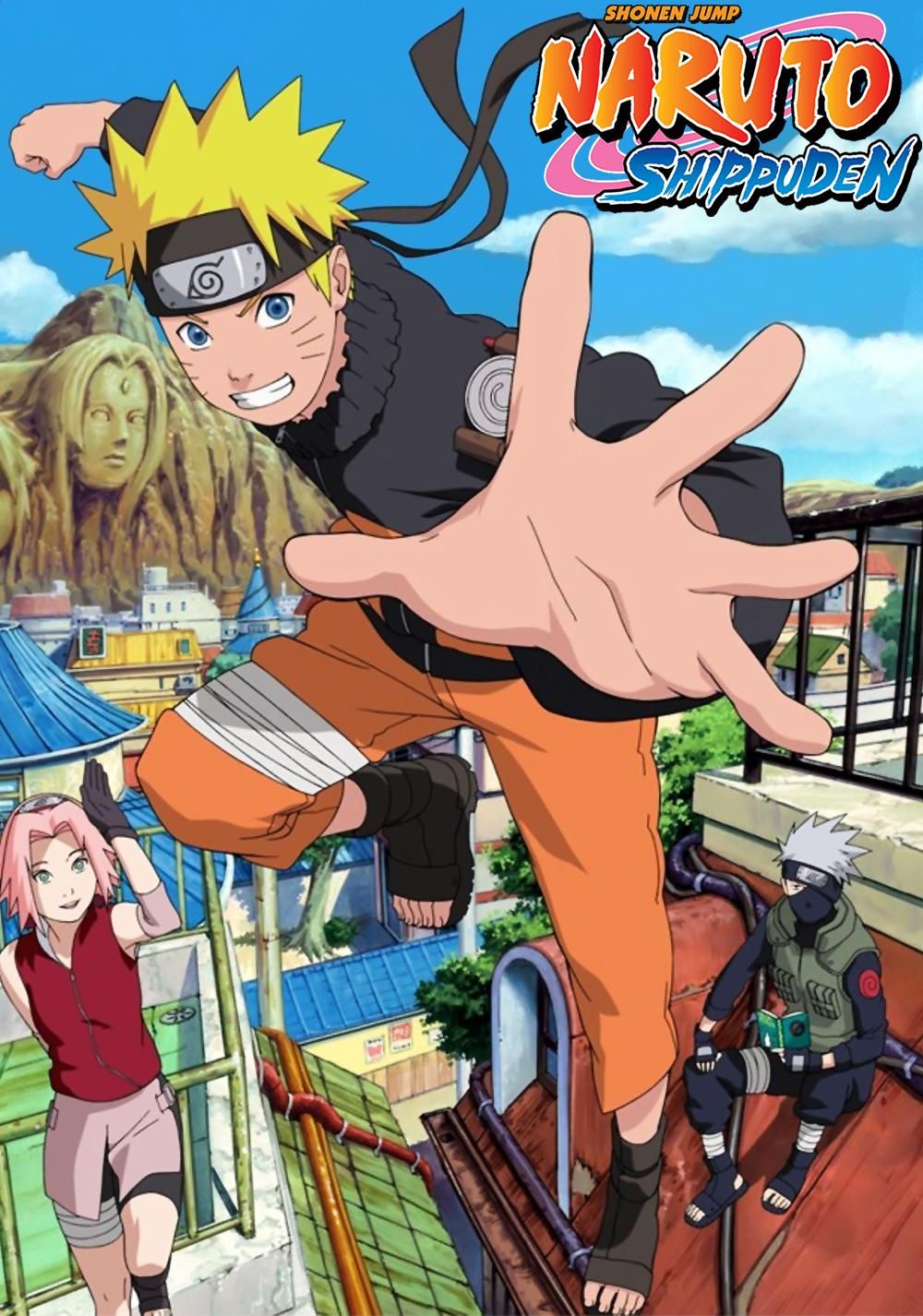Why Did Itachi Kill the Uchiha Clan in Naruto?
- 23-Apr-2024, 22:58
- 0 Comments
- 10 views

Itachi Uchiha's character arc in Naruto is indeed one of the most complex and compelling in the series. Initially portrayed as a villain responsible for the massacre of his own clan, including his parents, Itachi's true motivations and the circumstances surrounding the massacre are gradually revealed as the story progresses.
Itachi's actions were driven by a desire to protect the Hidden Leaf Village from a potential coup orchestrated by the Uchiha clan, who were dissatisfied with their treatment by the village's leadership. Aware of the impending conflict, Itachi made the difficult decision to eliminate his own clan to prevent a civil war that could have resulted in widespread destruction and loss of life.
This revelation completely reshapes the audience's perception of Itachi. What was once seen as an act of villainy is revealed to be a selfless sacrifice made out of love for his village and his younger brother, Sasuke. Itachi shoulders the burden of being seen as a criminal and a traitor in order to protect the village and ensure Sasuke's safety.
As the truth about Itachi's actions comes to light, Sasuke's journey for vengeance takes on a new dimension. Rather than seeking to destroy Itachi, Sasuke begins to grapple with the complexity of their relationship and the sacrifices Itachi made for him. This transformation adds depth to Sasuke's character and highlights the themes of forgiveness and redemption that are central to the series.
In the end, Itachi's story serves as a powerful exploration of the complexities of duty, sacrifice, and love. Despite the tragic circumstances of his life, Itachi remains a figure of admiration and respect, both within the Naruto universe and among fans of the series.
Itachi's character arc is indeed one of the most intricate and tragic in Naruto, and understanding the events leading up to the Uchiha massacre is crucial to comprehending his motivations. Born into the prestigious Uchiha clan and hailed as a prodigy from a young age, Itachi's upbringing was marked by the shadow of war and conflict.
The Third Shinobi World War and the Nine-Tailed Fox attack on the Hidden Leaf Village deeply affected Itachi, shaping his worldview and instilling in him a desire for peace. Despite his immense talent as a ninja, Itachi harbored a deep-seated aversion to violence and sought to use his abilities to bring about a world free from conflict.
However, Itachi's ideals were manipulated and exploited by various individuals and factions within the Hidden Leaf Village. The suspicions and mistrust surrounding the Uchiha clan, stemming from historical tensions and the actions of previous Uchiha members like Madara, created a climate of fear and paranoia. As tensions escalated, Itachi found himself caught between his loyalty to his clan and his allegiance to the village.
Danzo Shimura, a powerful and manipulative figure within the village's leadership, capitalized on Itachi's conflicted loyalties and exploited his desire for peace. By framing the Uchiha clan as a threat to the village's stability and presenting the massacre as a necessary evil to prevent further bloodshed, Danzo effectively manipulated Itachi into carrying out the unthinkable.
Itachi's decision to kill his own clan, including his parents and many of his relatives, was a tragic culmination of manipulation, betrayal, and the weight of duty. In his eyes, it was a sacrifice made in service of a greater good, albeit one stained with blood and sorrow. The complexity of Itachi's character lies in the tension between his noble aspirations for peace and the morally gray choices he made to achieve them.
Itachi's decision to spare Sasuke and lead him on a path of vengeance was a pivotal moment in the Naruto series, with far-reaching consequences for both characters and the world around them. By sparing Sasuke, Itachi set in motion a chain of events that would shape the destinies of not only Sasuke and Naruto but also the entire Shinobi world.
Sasuke's quest for revenge against Itachi drove him to seek greater power and strength, leading him down a dark and tumultuous path. This journey tested Sasuke's resolve, morality, and identity as he grappled with his conflicting emotions and desires for vengeance. Meanwhile, Naruto, driven by his unwavering belief in friendship and redemption, pursued Sasuke in an effort to bring him back to the village and prevent further bloodshed.
The rivalry between Sasuke and Naruto, fueled by their contrasting ideologies and personal struggles, served as a central narrative thread throughout the series. Itachi's actions served as a catalyst for their growth and development as characters, pushing them to confront their own demons and ultimately emerge stronger and more determined than ever before.
In the end, Itachi's sacrifice and manipulation of Sasuke ultimately contributed to the defeat of formidable adversaries like Madara and Obito, as Sasuke's quest for power led him to unlock abilities that proved crucial in the battle to save the Shinobi world. While Itachi's motivations may have been complex and morally ambiguous, his actions played a vital role in shaping the course of Naruto and Sasuke's journeys and the fate of the Shinobi world as a whole.
Itachi Uchiha's death in Naruto Shippuden was indeed a poignant moment in the series, marked by the weight of his internal struggles and the complexities of his character. Despite his formidable abilities and strategic prowess, Itachi's demise was ultimately brought about by the psychological toll of his past actions and the burden of his guilt.
Itachi's illness, which manifested as a psychosomatic condition, symbolized the emotional turmoil he endured throughout his life. The conflict between his loyalty to the Leaf Village and his love for his family, coupled with the traumatic events surrounding the Uchiha massacre, took a significant toll on his physical and mental well-being.
Rather than succumbing to a conventional illness or external force, Itachi's death served as a culmination of his internal struggles and the consequences of his choices. By portraying his illness in this way, the narrative underscores the depth of Itachi's character and the complexity of his motivations.
In the end, Itachi's death served as a catalyst for Sasuke's growth and development as a character, as it allowed him to confront his brother's legacy and ultimately forge his own path forward. Itachi's sacrifice, though tragic, ultimately paved the way for Sasuke to overcome his own demons and find redemption.
Overall, Itachi's death in Naruto Shippuden was a poignant and bittersweet moment that highlighted the complexities of his character and the profound impact of his actions on those around him.

Original title: Naruto: Shippûden.
Naruto Uzumaki, is a loud, hyperactive, adolescent ninja who constantly searches for approval and recognition, as well as to become Hokage, who is acknowledged as the leader and strongest of all ninja in the village.